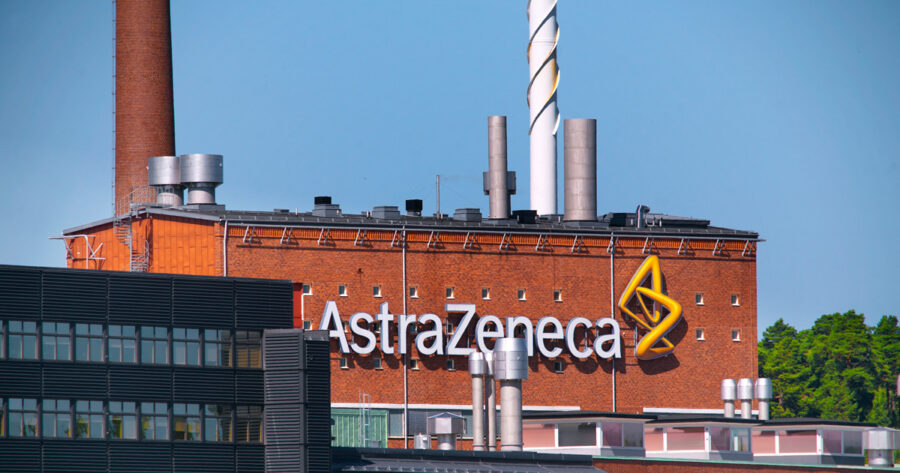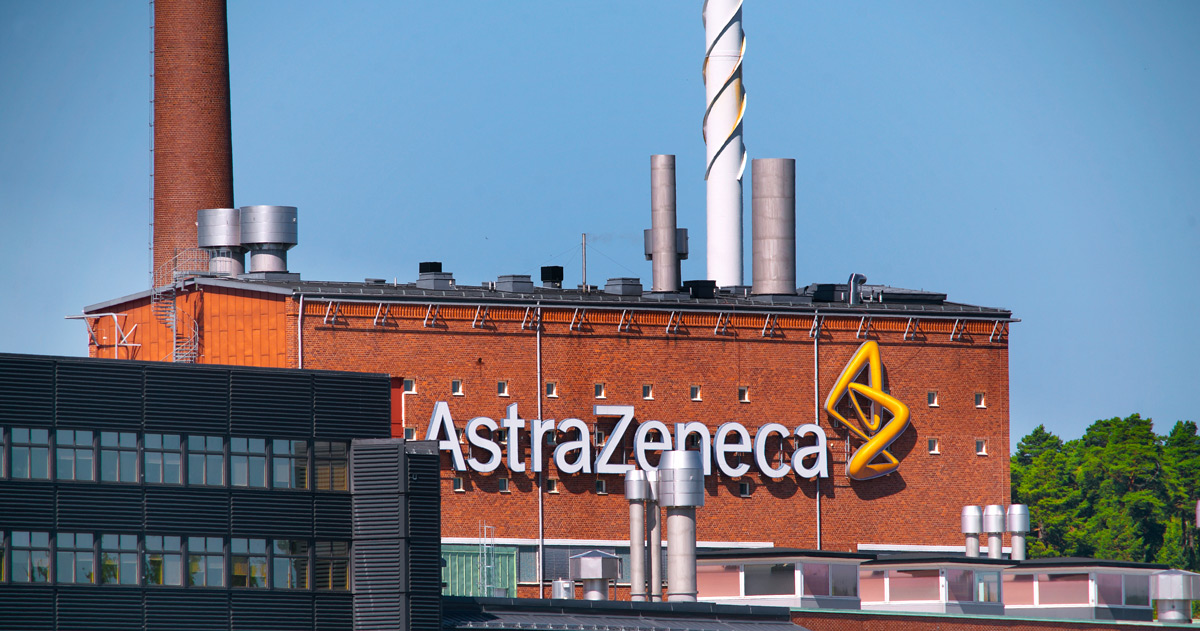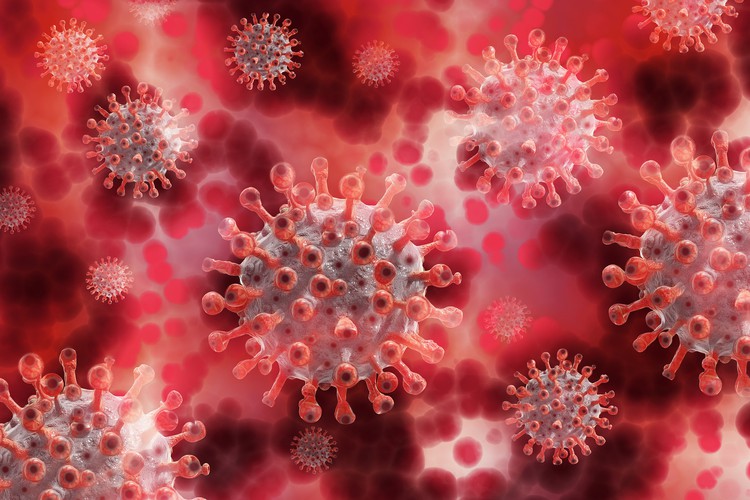
Why Some Scientists Think the AstraZeneca Vaccine is Still Useful for South Africa
The South African government halted the roll-out of the AstraZeneca/Oxford University vaccine this week following a study led by Wits vaccinologist Shabir Madhi, which found that it did not protect against mild to moderate Covid-19 in a local trial on account of the variant of the virus, 501Y.V2, that is dominant here. A pre-print of […]

The South African government halted the roll-out of the AstraZeneca/Oxford University vaccine this week following a study led by Wits vaccinologist Shabir Madhi, which found that it did not protect against mild to moderate Covid-19 in a local trial on account of the variant of the virus, 501Y.V2, that is dominant here.

A pre-print of the study, which has not yet been peer-reviewed, was published on Friday.
What the study found
Volunteers between 18 and 65 years old were recruited from June to November last year, and given two doses of either vaccine or a placebo, three to five weeks apart. The trial was done at seven sites in Tshwane, Johannesburg and Cape Town; and participants broadly reflected the country’s population groups.
At the end of the trial 1,467 (750 vaccinees and 717 placebo) all of whom were not HIV positive, were successfully traced. Forty-two participants developed mild to moderate Covid, but no cases were serious enough to require hospitalisation, probably on account of the sample being relatively young – the average (median) age was only 31.
39 of the 42 people who contracted the virus, were infected with the new variant, 501Y.V2. Vaccine efficacy, which measures the reduction in risk for those who are vaccinated compared with those who are not, was only 10% in these 39 cases.
Also serum from a sample of vacinees who did not become infected with Covid was tested against the original and 501Y.V2 variants using a pseudovirus — a virus modified for experimental purposes — that infects cells using the spike proteins that protrude from its surface which give the coronavirus its name. (Serum is blood filtered of some of its cells, taken from people who have recovered from Covid-19.)
80% of these sera were unable to neutralize the 501Y.V2 pseudovirus. This led the authors to conclude that the vaccine had no efficacy against non-hospitalised mild to moderate Covid-19 primarily due to the new variant, compared to 75% efficacy for the original one.
Madhi said in a webinar on Tuesday that using this vaccine on all health workers in this context could not be advised, as the majority would be likely to develop only mild to moderate Covid. However, he encouraged targeted use for elder health care workers or those with comorbidities, in the context of no alternatives being available.
This is because the vaccine might still provide some protection against severe cases of Covid likely to end in hospitalization. A US trial currently in progress on the AstraZeneca vaccine is evaluating it for its effects on severe disease.
Why might the vaccine still be useful in South Africa?
The problem South Africa faces is that the AstraZeneca vaccine is the only one it currently has in hand. We have a million doses and they are expiring in April. The Johnson and Johnson vaccine, by contrast, has already been shown to be effective in cases of serious disease in trials conducted in the US, South Africa and Brazil, preventing death and hospitalisation, but it is not yet available.
So is it worthwhile rolling out the AstraZeneca vaccine, say to elderly people or people with comorbidities? We know it’s safe. But will there be any benefit?
This is why some scientists, like Madhi, think it is worth doing.
When you get vaccinated or infected with SARS-CoV-2, your body creates antibodies specific to that virus. Next time you are exposed to the virus, the antibodies, hopefully, prevent you becoming infected. The antibodies work by recognising the so-called spike proteins on the surface of the virus. But if the virus mutates, as in the case of the 501Y.V2 variant, they no longer recognise the virus as well, and you become infected.
But that’s not the end of the story. Your immune system also has T cells that protect you against viruses, and vaccines can strengthen the T cell response. While these don’t stop the infection from happening, they fight the infection and can prevent you from becoming very ill.
Because of this, there are two reasons to hope that the AstraZeneca vaccine may still be effective against severe Covid-19:
1. In experiments on macaque monkeys, the T cell response after vaccination was less affected by mutatations.
2. The Johnson & Johnson vaccine is similar to the AstraZeneca vaccine. Yet it was very effective at preventing people with the 501Y.V2 from becoming very sick. The only way scientists can explain this is that the T cell effect generated by the vaccination remained strong.